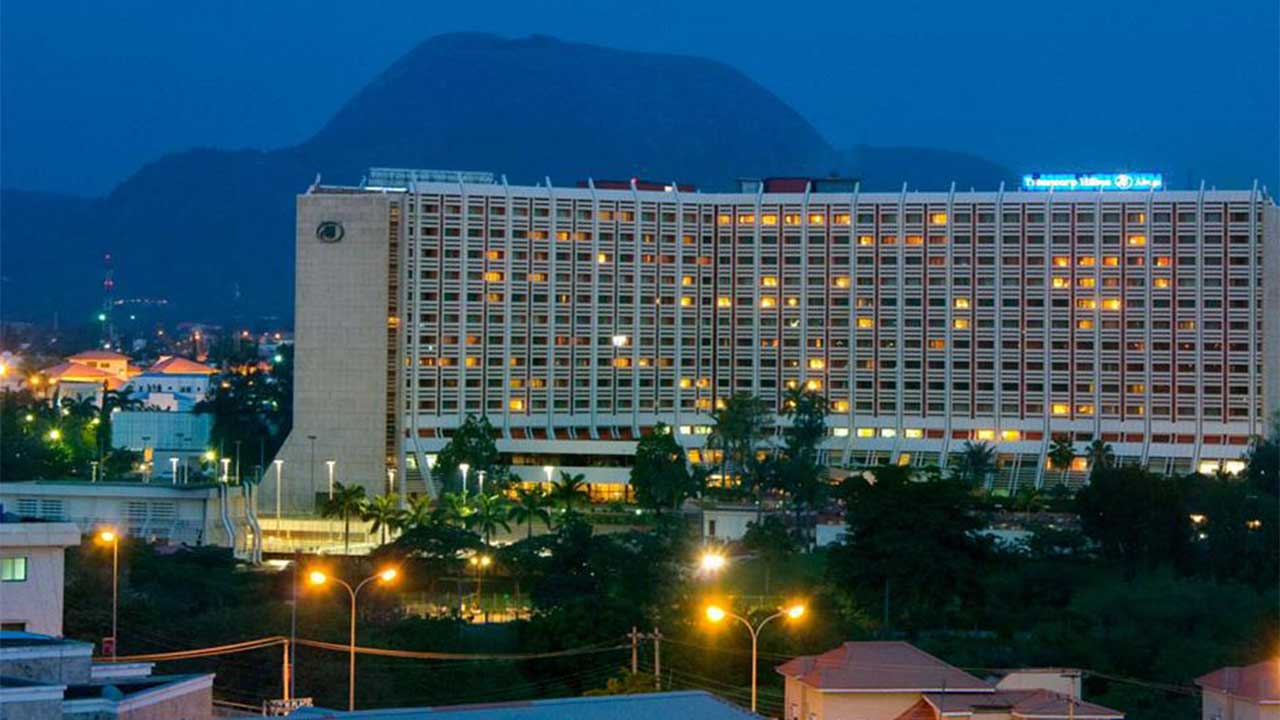- Container Shipping Firms May Earn $143b This Year
Notwithstanding the concerns of weak trade growth and fleet oversupply in the container shipping market, the firms’ revenue may clinch about $143 billion, going by the projections of a global shipping consultancy firm, Drewry.
Drewry, in its latest report said a gradual market recovery is now expected in the shipping business as rates assume an upward swing.
Specifically, Drewry estimates that revenue for 2016 may reach $143 billion, although this means a negative trend when compared to $218 billion earned in 2012.
Despite the projected earnings, Drewry still expects container carriers to record a collective operating loss of $5 billion in 2016.
“We forecast industry profitability to recover next year, thanks to improving freight rates and slightly higher cargo volumes, and so record a modest operating profit of $2.5 billion in 2017,” it said.
While average freight rates are expected to improve next year, this will follow several years of negative returns and will still leave pricing well below the average for 2015, according to the shipping consultancy.
Meanwhile, the report said a key unknown remains carrier commercial behaviour has proven unpredictable and counterintuitive, while fuel prices are also on the increase and carriers are extremely wary of costs.
Drewry said that this may support higher freight rates via the bunker surcharge mechanism, but it also increases operational costs.
“The fact that the order book is at a virtual standstill is a major positive as is rapidly increased scrapping. But even so, the next two years will still be very challenging on the supply side with annual fleet growth of between 5 per cent and 6 per cent and many more ultra large container vessels (ULCVs) to be delivered,” Drewry said.
It noted that privately-owned container carriers could risk losing shippers’ trust if they do not provide any data on their level of indebtedness and balance sheet strength.
The recent failure of South Korean carrier Hanjin Shipping has exposed the high level of financial risk that exists and created renewed demand for financial transparency.
While Hanjin’s financial position was at the extreme edges and its demise is not expected to create a domino effect, a number of major carriers are still struggling and the risk of another following the same path as the Korean line cannot be discounted, Drewry said.
Drewry’s Z-score carrier financial stress index sunk to its lowest ever point following the first-half 2016 results. The decline in the Z-score index has coincided with the heavy reduction in container freight rates that dropped to historical lows in the second-quarter.
“As freight rates staged something of a recovery in third-quarter we expect to see some uptick to the Z-score when the third-quarter 2016 results are published, while the removal of Hanjin from the sample will also benefit the average score. Nonetheless, carriers will almost certainly continue to reside in the so-called ‘distress zone’,” it stated.
Based on the latest available financial reports Drewry’s Z-score table shows that only two, namely, A.P. Moller-Maersk and OOIL, of the 14 selected companies scored high enough to make it to the cautionary ‘grey zone’, with the remainder struggling in the ‘distress zone’.
With shippers expected to pay much closer attention to the financial risks when selecting carriers in future, carriers themselves will need to be sure of the financial health of their alliance and service partners, or potentially risk losing customers.
However, total annual operating costs in the shipping industry fell by an average of 2.4 per cent in 2015, compared with the 0.8 per cent average fall in costs recorded for 2014, representing the fourth successive year that the operating costs were in decline, according to shipping consultant Moore Stephens.
All categories of expenditure were down for the previous 12-month period. This suggests continued pragmatic management of costs by ship owners and operators, as well as a reduction in active trading for some owners as a result of the prolonged worldwide economic downturn.
The total operating costs for the tanker, bulker and container ship sectors were all down in 2015. On a year-on-year basis, the tanker index was down by 4 points, or 2.2 per cent, while the bulker index fell by 6 points, or 3.6 per cent. The container ship index, meanwhile, was also down by 6 points, or 3.7 per cent.
There was a 1.2 per cent overall average fall in 2015 crew costs, compared to the 2014 figure. Tankers overall experienced a fall in crew costs of 1.3 per cent on average.
All categories of tankers reported a reduction in crew costs for 2015 with the exception of Panamaxes and VLCCs, which recorded increases of 1.4 per cent and 1.2 per cent, respectively. The most significant reduction in tanker crew costs for 2015 was the 3.6 per cent recorded by product trankers.
billion.
The global shipping consultancy firm Drewry in its latest report said a gradual market recovery is now expected in the shipping business are rate assume an upward swing.


 Forex3 weeks ago
Forex3 weeks ago


 Naira2 weeks ago
Naira2 weeks ago
 Billionaire Watch2 weeks ago
Billionaire Watch2 weeks ago




 Naira2 weeks ago
Naira2 weeks ago




 Naira4 weeks ago
Naira4 weeks ago




 Naira2 weeks ago
Naira2 weeks ago


 Naira7 days ago
Naira7 days ago
 Banking Sector4 weeks ago
Banking Sector4 weeks ago





















